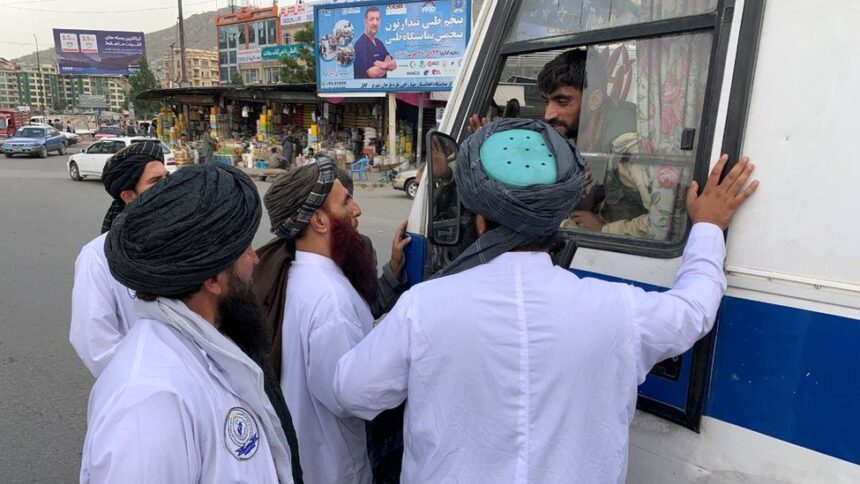RASC News Agency: The United States Commission on International Religious Freedom (USCIRF) has released a recent report detailing the current state of religious freedoms in Afghanistan under Taliban rule. The report underscores that the Taliban’s Ministry for the Propagation of Virtue and Prevention of Vice plays a central role in perpetrating significant violations of religious freedoms in the country.
The Commission has called on the U.S. government to designate Afghanistan as a country of “particular concern” due to the severe restrictions on religious freedoms imposed by the Taliban regime. According to the report, religious freedom in Afghanistan is virtually nonexistent; rather, religion itself is under constant threat. The report elaborates on the drastic curtailment of religious freedoms for minorities such as Sikhs, Hindus, Christians, and Shia Muslims under Taliban rule.
Specifically, it highlights that Shia Muslims’ religious freedoms have been severely restricted by the Taliban. The Taliban has systematically curtailed all forms of religious practice. The Commission states: “There is direct interference in Shia worship. A Taliban commander in Badakhshan has prohibited marriages with Shias. Beyond banning the teaching of Ja’fari texts, the Taliban has compelled universities to remove all books that do not align with the Hanafi school of thought.”
The report further condemns the Taliban’s failure to protect Shia communities from attacks by ISIS. The Commission notes: “ISIS-Khorasan has continued its assaults on the Shia minority in Afghanistan. In October 2023, ISIS targeted the Imam Zaman Mosque in Pul-e-Khumri, resulting in the deaths of seven individuals.” Additionally, the report highlights that last year, the Taliban arrested numerous journalists, women’s rights activists, and members of religious minorities. In September, 18 local employees of a non-governmental organization were detained on charges of “promoting Christianity.”
The Commission has urged the U.S. government to prioritize asylum applications for at-risk members of religious minorities in Afghanistan and to impose targeted sanctions on the Taliban officials responsible for these violations. Furthermore, the USCIRF has recommended that U.S. diplomats address the issue of religious freedoms in Afghanistan during their engagements and meetings with Taliban representatives.






